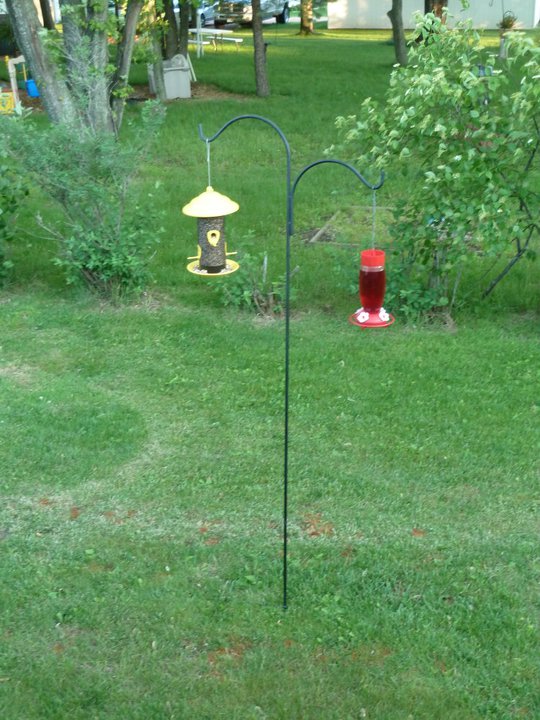As a military-naive civilian, I’m generally opposed to the concept of carpet bombing. Too much potential for collateral damage. Though I suppose that’s the point — to throw everything you’ve got at the problem, unintended consequences be damned.
Again, generally speaking, I’d prefer a more targeted solution. Something focused on the problem at hand and, most importantly, guaranteed to work. But not every problem can be solved that way. In fact, many can’t. And I’m growing a bit fonder of carpet bombing as the best solution to one particularly big problem.
I’ve struggled with binge eating disorder (BED) for a very, very long time. Some years are better than others, but one thing is for certain: the older I get the worse it gets. Worse and worse and worse. Every period of binge eating so much more difficult to squelch than the last. When I spoke recently of wanting to give up, accepting that this is who I am, it was the binge eating in particular that I meant. I have fought for so long — 20 years at least. Probably closer to 25. I have tried a million different solutions. Books, diets, courses, websites, psychotherapy, psychiatric care. And I’m tired.
I told Celeste, my lovely Celeste, so at my last appointment. That I was done. That I was giving up.
She told me no. One more solution… one single thing left to try: medication.
Celeste and I have gone round and round about the idea of medication for several years. Incompatibility of the medication with a potential pregnancy has always been a concern though, and I wasn’t willing to put the brakes on that for any amount of time to give meds a shot.
So a few years later — pregnancy’s a no-go and the binge eating is at full force, so we’re doing it. I’m going to try the medication.
When I think back on all the years of wishing for a magic bullet, a quick cure, it’s remarkable to think how reluctant I’ve been to try what may very well be just that. However, in the interim, I’ve learned a whole lot about the treatment of substance use disorders (substance abuse, addiction) and, in particular, a lot about the concept of medication assisted treatment (MAT). What I’ve learned has been exceptionally pertinent to the way I think about medication for myself in the context of BED now.
MAT itself is somewhat controversial, for a number of reasons not worth discussing here… but what the group I work with has essentially settled on as a guiding principle is that MAT is somewhat of a misnomer as it implies that medication alone can solve what is a very complex problem. We prefer the idea of TAM — treatment assisted with medication. In the case of addiction, it’s using medication to beat back the cravings to such a point that the mind can get to a place capable of recovery. And what that entails, in addition to taking the medication carefully and as prescribed, is a LOT of work, a lot of different kinds of work, and a desperate hope that some bit of that work sticks. Carpet bombing.
Perhaps my situation is not so different. I don’t mean to suggest that BED is on par with or the same as addiction in the traditional sense (although arguments can be made for crossover of elements of BED with elements of substance use disorders as well as obsessive compulsive disorder), but perhaps the treatment paradigm ought to be similar. I don’t want to hang all my hopes on medication and forget about the rest of it. I feel so close to giving up, so tired of trying, if this is to be it — it needs to be it. All in.
Since Celeste wrote my prescription, I’ve spent a lot of time thinking about (and researching) what it would mean for me to be all in. Outcomes for BED treatment are variable and relatively poor — so what to choose? Medication is now on the table, but what else? What else is there that I haven’t tried? The answer, as far as I can tell, is nothing… at least on its own.
So: carpet bombing.
I’m pulling out all the stops and trying it all at once, hoping against hope that something… anything… sticks. My medication finally arrived at noon today and I took my first dose at 12:01, right on time. I’ve ordered an UpToDate-recommended cognitive behavioral therapy (CBT) workbook that I’ll use in conjunction with my routine psychotherapy appointments. And I joined a healthy lifestyles coaching program to focus on the intensive behavioral therapy (IBT) principles espoused by the US Preventive Services Task Force…
The Binge Eating Disorder Offensive (BEDO).
If you drop enough bombs, you’re bound to hit something.

If you’re new around here… or just don’t remember clearly every word I’ve ever written (gasp!) and you’re interested in learning a little bit more about my historical battle with BED and body image, you might consider reading these:


